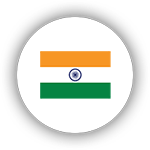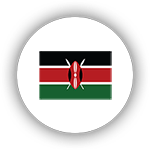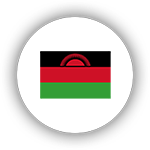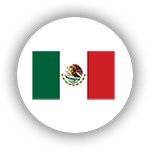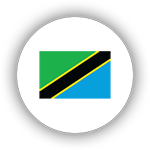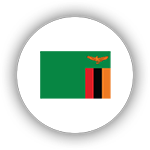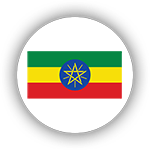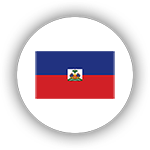From Mosques to Barbershops: Unconventional Allies in India's Immunization Efforts
Story/photos by Maureen Simpson
Building community trust and support, especially among the most marginalized, has been central to PCI's approach to tackling public health challenges in India over the last two decades. Now, using the past as prologue, the same unsung heroes who helped stop the spread of polio are working to raise awareness about routine immunizations and neglected tropical diseases in five districts of western Uttar Pradesh (UP).
"When PCI first started working in these high-risk, hard-to-reach areas, there were no awareness programs running," said Yatender Singh, a program manager with CORE Group Polio Project (CGPP) in India. "There were many myths and misconceptions among families. … There was a lot of mistrust."

CGPP is a multi-country, multi-partner initiative funded by the U.S. Agency for International Development through which PCI provides technical assistance. The main objective of CGPP is to mobilize communities for increased acceptance of polio vaccines, along with strengthening routine immunizations and improving health-seeking behaviors for maintaining population immunity.
To help build support for the project in communities where access to sanitation and health services is low and quality information can be hard to come by, PCI/India reaches out to imams and other local religious and community leaders. The idea is to meet community concerns with education from individuals whom these families listen to and trust, such as Qari Mohammed Ahmed, an imam at a madrasa and mosque in the Meerut district of UP.
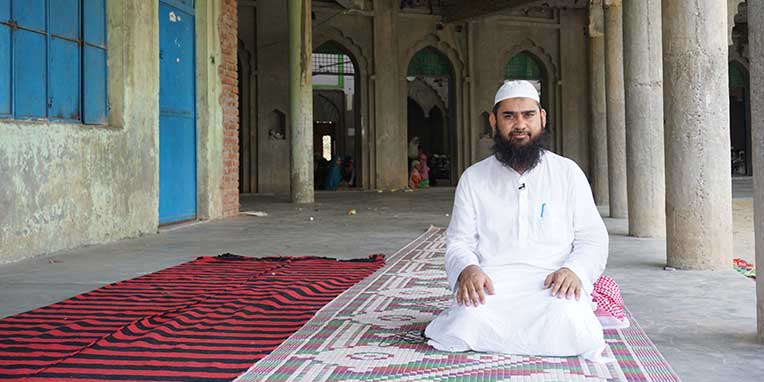
"The Prophet said that the best among you is the one who works for the betterment of others. … There is no place where [PCI and this team] are not working," Qari Ahmed said. "They go everywhere and take their information to all the people. Whenever they face a problem, we will support them. … It's only with a healthy community that we can have a prosperous nation."
Given the success of the approach in combating polio, PCI/India has continued to use and grow this network of religious and community leaders to promote other health interventions, from additional vaccinations and medications that help combat devastating diseases to nutrition information and water and sanitation solutions. For example, PCI/India's reputation for social mobilization at scale has also led to the expansion of its Lymphatic Filariasis (elephantiasis) prevention programming across 7 states, reaching more than 75 million people in 2019 with information and improved access to medicine designed to prevent infection.
Among the latest advocates to be added to the community mobilization team are barbers, whose shops serve as a major social hub for men to not only get their hair cut but have informal, but important, conversations. Participating barbers are given posters to hang in their shops as well as aprons to wear that can help spark conversations about the local immunization program. They also receive training on how to answer basic questions their customers might have about vaccines and where to get registered. The initiative is helping to reach resistant families.
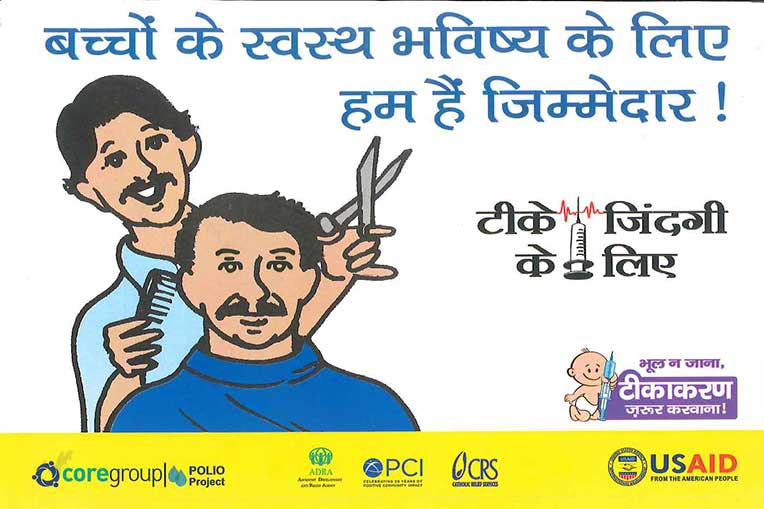
"Where I live, only 60% of the people are educated. … They don't understand. They're easily misguided," said Shaan Mohammad, a participating barber in the Sardhana block of Meerut district. "But when I told them that [vaccines] can guard the child against eight types of diseases and that it will help in the future, then they began to understand. … The message is spreading through us."
These efforts have demonstrated the power of step-by-step, community-driven solutions for improving health outcomes, and PCI/India is proud to expand the scale and impact of our work supporting Indian communities on the road to better health.
"Even as program implementers, it's very important to get out of our prejudices and to get out of our preconceived notions about what's going to work and what's not going to work," said Faiz Hashmi, a technical specialist in Monitoring, Learning and Evaluation for PCI/India. "Sometimes you have to take chances. The kind of trust we expect, the kind of belief we want to build among the community whom we work with, a similar trust or belief has to be developed among us as implementers."

